Certified payment providers 11
Market coverage 71
["Albania","Andorra","Armenia","Australia","Austria","Azerbaijan","Belgium","Belize","Bosnia and Herzegovina","Bouvet Island","Bulgaria","Christmas Island","Cocos (Keeling) Islands","Croatia","Cyprus","Czech Republic","Denmark","Estonia","Faroe Islands","Finland","France","French Guiana","French Southern Territories","Germany","Greece","Greenland","Guadeloupe","Guernsey","Heard Island and McDonald Islands","Hungary","Iceland","Ireland","Isle of Man","Italy","Jersey","Kazakhstan","Kiribati","Latvia","Lithuania","Luxembourg","Macedonia","Malta","Martinique","Mayotte","Moldova","Monaco","Montenegro","Nauru","Norfolk Island","Norway","Poland","Portugal","R\u00e9union","Romania","Saint Martin","Saint Pierre and Miquelon","San Marino","Serbia","Slovakia","Slovenia","South Georgia and the South Sandwich Islands","Spain","Sweden","Tajikistan","Turkey","Tuvalu","Ukraine","United Kingdom.","United States of America","Uzbekistan","Vatican City"]
United States of America
Albania
Andorra
Armenia
Australia
Austria
Azerbaijan
Belgium
Belize
Bosnia and Herzegovina
Bouvet Island
Bulgaria
Christmas Island
Cocos (Keeling) Islands
Croatia
Cyprus
Czech Republic
Denmark
Estonia
Faroe Islands
Finland
France
French Guiana
French Southern Territories
Germany
Greece
Greenland
Guadeloupe
Guernsey
Heard Island and McDonald Islands
Hungary
Iceland
Ireland
Isle of Man
Italy
Jersey
Kazakhstan
Kiribati
Latvia
Lithuania
Luxembourg
Macedonia
Malta
Martinique
Mayotte
Moldova
Monaco
Montenegro
Nauru
Norfolk Island
Norway
Poland
Portugal
Réunion
Romania
Saint Martin
Saint Pierre and Miquelon
San Marino
Serbia
Slovakia
Slovenia
South Georgia and the South Sandwich Islands
Spain
Sweden
Tajikistan
Turkey
Tuvalu
Ukraine
United Kingdom.
United States of America
Uzbekistan
Vatican City
Currencies 25
Albania Lek
Armenia Dram
Australia Dollar
Azerbaijan Manat
Belize Dollar
Bosnia and Herzegovina convertible mark
Bulgaria Lev
Croatia Kuna
Czech Republic Koruna
Denmark Krone
Euro
Hungary Forint
Kazakhstan Tenge
Macedonia Denar
Moldova Leu
Norway Krone
Poland Zloty
Romania Leu
Serbia Dinar
Sweden Krona
Tajikistan Somoni
Turkey Lira
Ukraine Hryvnia
United Kingdom Pound
Uzbekistan Som
Description
Mastercard is a global card brand that operates in 210 countries and was established in 1966 by a group of US banks as Interbank Card Association payment instrument, taking its current name in 1979.
Maestro is a debit product offered by Mastercard that allows for in-store payments and ATM cash withdrawals. This payment method requires online electronic authorization for almost all transactions, although floor limits on Maestro EMV chip transactions are allowed under Mastercard’s rules.
Mastercard has decided to transition its Maestro brand of payment cards to Debit Mastercard.













